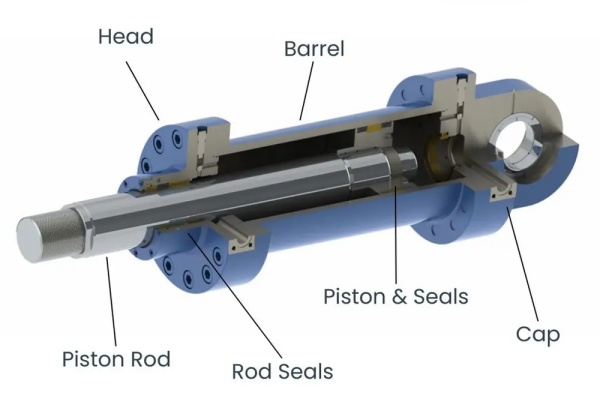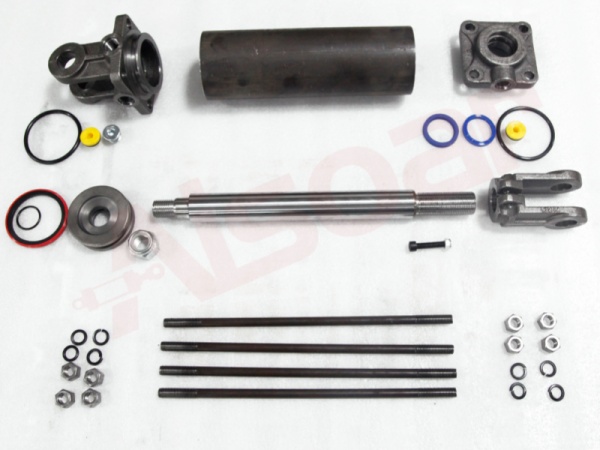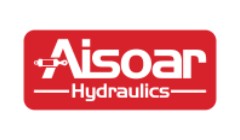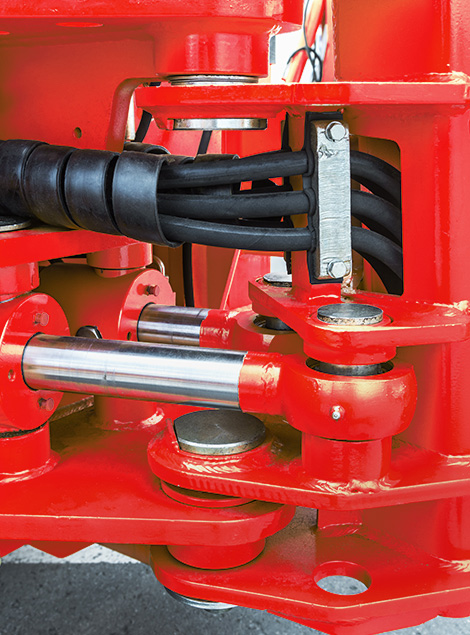What is the best material for hydraulic cylinder?
Introduction
The choice of material for hydraulic cylinders significantly impacts their performance, durability, and efficiency. High-strength alloy steels are commonly preferred due to their exceptional resistance to wear, pressure, and impact, making them ideal for demanding applications. For specific environments, stainless steel offers superior corrosion resistance, especially in marine or chemical industries. Aluminum alloys are another option for lightweight applications requiring moderate strength. The best material depends on operating conditions, such as load, temperature, and exposure to corrosive elements. Proper material selection ensures optimal performance and longevity, tailored to the system's specific needs.
As a manufacturer of hydraulic cylinders, we understand the critical role that material selection plays in ensuring the durability and efficiency of hydraulic systems. The right material choice for hydraulic cylinders can significantly impact their performance, longevity, and reliability. In this article, we will delve into the best materials for hydraulic cylinders.

Understanding Hydraulic Cylinder Parts
Hydraulic cylinders are comprised of several essential parts, each with specific material requirements to ensure optimal function. The main components include:
- Cylinder Barrel: The barrel contains the cylinder's internal pressure and provides a smooth surface for the piston to move.
- Hydraulic Piston: The piston transmits the hydraulic force to the rod, causing linear motion.
- Piston Rod: The rod connects the piston to the machine part performing the work.
- End Caps: These seal the ends of the barrel and house the mounting arrangements.
- Seals: Seals prevent hydraulic fluid from leaking and contaminants from entering the system.

Material Considerations for Hydraulic Cylinders
When selecting materials for hydraulic cylinders, several factors must be considered, including strength, wear resistance, corrosion resistance, and machinability. Here’s a closer look at the best materials for each part:
Cylinder Barrel
Material: High-strength alloy steel or carbon steel
Reason: The cylinder barrel needs to withstand high internal pressures and provide a smooth surface for the piston. High-strength alloy steel or carbon steel is ideal due to their excellent tensile strength, machinability, and wear resistance. Chrome-plating or honing can further enhance the barrel’s durability and performance by reducing friction and preventing corrosion.
Hydraulic Piston
Material: Ductile iron or high-strength steel
Reason: The hydraulic piston must be robust enough to withstand the hydraulic forces without deforming. Ductile iron and high-strength steel are preferred materials due to their superior strength and fatigue resistance. These materials ensure that the piston can endure repetitive motion and high-pressure conditions without compromising performance.
Piston Rod
Material: Hard-chromed carbon steel or stainless steel
Reason: The piston rod is exposed to both hydraulic pressure and environmental factors, making corrosion resistance and surface hardness critical. Hard-chromed carbon steel offers a durable and smooth surface that resists wear and corrosion. Stainless steel is an excellent alternative for applications involving corrosive environments, as it provides enhanced resistance to rust and chemical damage.
End Caps
Material: Cast iron or steel
Reason: End caps need to provide a secure seal and robust support for the cylinder assembly. Cast iron and steel are ideal due to their high strength and ability to withstand the stresses imposed by hydraulic pressure and mounting loads.
Seals
Material: Nitrile rubber, polyurethane, or fluorocarbon elastomers
Reason: Seals must be made from materials that offer excellent resistance to hydraulic fluids, wear, and extreme temperatures. Nitrile rubber is commonly used for its balance of properties, while polyurethane provides higher wear resistance. For high-temperature or chemically aggressive environments, fluorocarbon elastomers (like Viton) are the best choice.
Conclusion
Selecting the best material for hydraulic cylinders involves understanding the specific demands of each component and choosing materials that provide the necessary strength, durability, and resistance properties. At AiSoar, we prioritize the use of high-quality materials such as high-strength alloy steel, ductile iron, hard-chromed carbon steel, and advanced elastomers to ensure our hydraulic cylinders deliver outstanding performance and longevity.
By leveraging the right materials, our hydraulic cylinders are equipped to handle the most demanding applications, offering reliable and efficient operation for a wide range of industrial needs.

AISOAR HYDRAULIC CYLINDERS
Hengxin Mansion, No. 588, Jiangnan Main Road, Changhe Street, Binjiang District, Hangzhou City, Zhejiang Province, China
TEL: +86-571-87920309
Email: sales@ai-soar.com
Website: www.aisoarhydraulics.com


 ES
ES RU
RU

